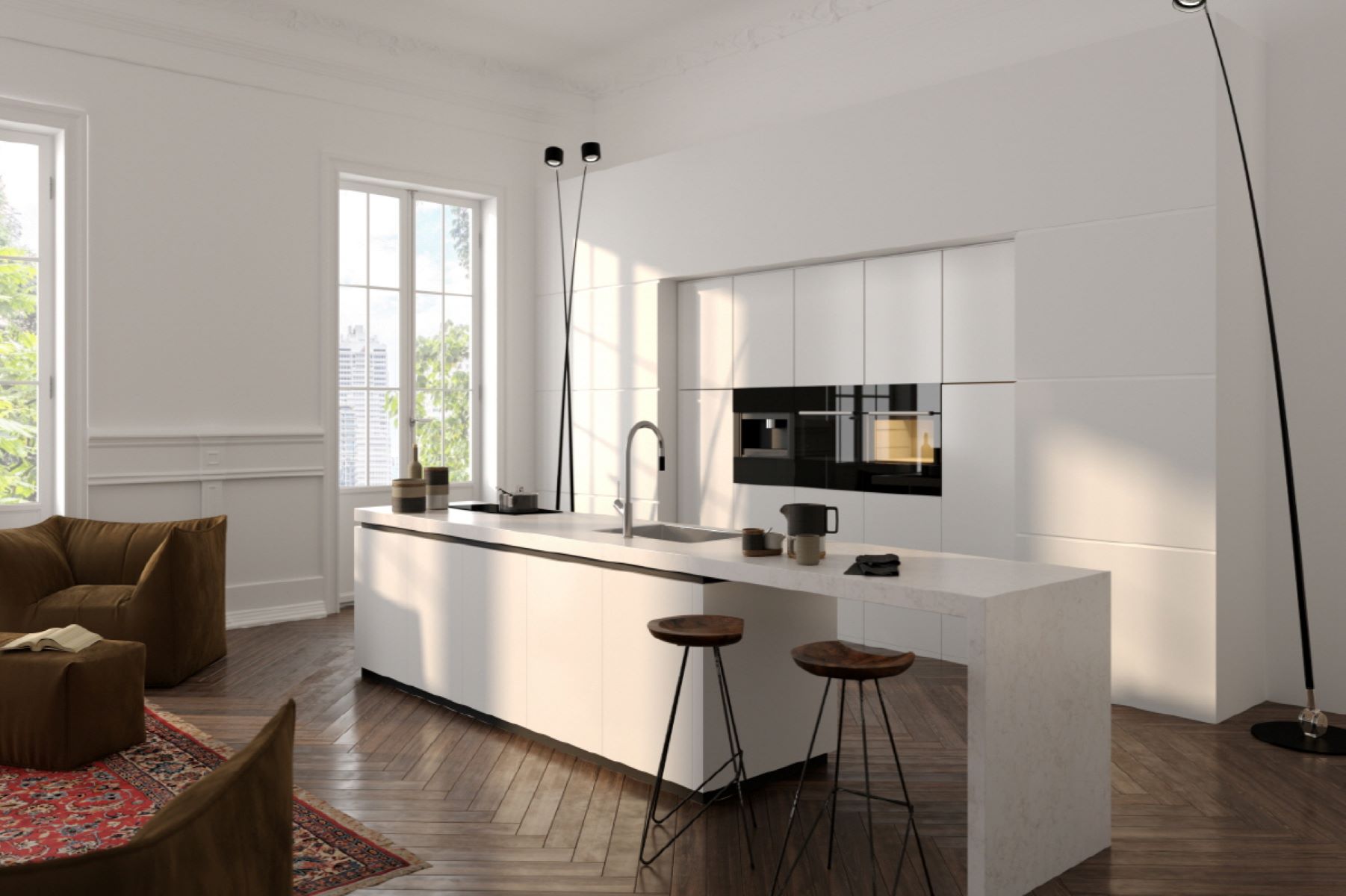

Articles
What Countertops Are Heat Resistant
Modified: October 18, 2024
Discover the best heat resistant countertops for your kitchen. Read our articles for valuable insights and expert recommendations.
(Many of the links in this article redirect to a specific reviewed product. Your purchase of these products through affiliate links helps to generate commission for Storables.com, at no extra cost. Learn more)
Introduction
When it comes to choosing countertops for your kitchen or bathroom, durability and functionality are key considerations. One important factor to consider is heat resistance. Countertops that can withstand high temperatures are not only practical but also ensure the longevity of the surface. In this article, we will explore different types of heat-resistant countertops and their unique qualities.
Heat resistance is crucial in a kitchen where hot pots, pans, and baking sheets are frequently placed on the countertop surface. Similarly, in the bathroom, heat resistance becomes important when using heated styling tools or placing hot hair tools on the counter. Having a heat-resistant countertop not only eliminates the risk of damage but also provides peace of mind in day-to-day activities.
Various materials used in countertops offer different levels of heat resistance. Some materials, like granite and quartz, are naturally heat-resistant, while others, like laminate and butcher block, may require additional precautions to protect them from heat damage. Let’s explore these different types of countertops to understand their heat resistance capabilities.
Key Takeaways:
- Granite and quartz countertops are top choices for heat resistance, while marble, stainless steel, concrete, ceramic tile, butcher block, and laminate countertops offer varying levels of heat resistance with proper care and precautions.
- Regardless of the countertop material, using trivets, hot pads, or cutting boards for prolonged heat exposure is essential to maintain the longevity and beauty of the surface, ensuring a durable and aesthetically pleasing kitchen or bathroom.
Read more: What Is Impact Resistant Roof
What Makes Countertops Heat Resistant?
Heat resistance in countertops is determined by the materials used in their construction. Certain materials have inherent properties that make them more resistant to heat, while others may require special treatments or precautions to withstand high temperatures.
Generally, countertops that are heat resistant have the following characteristics:
1. Heat-resistant materials: Countertops made from natural stone, such as granite or quartz, are known for their excellent heat resistance. These materials can withstand high temperatures without cracking or discoloration.
2. Non-porous surfaces: Heat-resistant countertops are usually non-porous, which means they do not absorb moisture or heat. This property helps prevent the countertops from cracking under extreme temperatures.
3. Heat-resistant coatings: Some countertops, like laminate or wood, may not be naturally heat resistant but can be treated with heat-resistant coatings or laminates to enhance their ability to withstand heat.
4. Insulation and thickness: Countertops that are well-insulated or have thicker layers provide better heat resistance. The additional insulation or thickness helps prevent heat transfer from hot objects to the countertop surface.
It’s important to note that while certain materials may have good heat resistance, it’s always recommended to use trivets, hot pads, or cutting boards to provide an extra layer of protection against direct heat exposure. Taking such precautions can further prolong the lifespan of your countertop and prevent any potential damage.
Granite Countertops
Granite countertops are renowned for their exceptional heat resistance, making them a popular choice in kitchens and bathrooms. Granite is an igneous rock composed of various minerals, including quartz, feldspar, and mica. This natural stone is formed deep within the earth’s crust and undergoes immense pressure and heat, resulting in its durability and heat-resistant properties.
Granite countertops can withstand high temperatures without warping or discoloration. You can place hot pots, pans, or baking sheets directly on the surface without the risk of damaging the countertop. However, it is still advisable to use trivets or hot pads to protect the sealant and maintain the longevity of the surface.
It’s important to note that while granite is heat-resistant, abrupt temperature changes can cause thermal shock. For instance, placing a hot object directly on a cold granite surface or exposing it to extreme temperature variations can lead to cracks or damage. Therefore, it’s best to avoid such scenarios and allow the countertop to gradually adjust to temperature changes.
Granite countertops also offer aesthetic appeal and come in a wide range of colors and patterns. Each slab of granite is unique, adding a touch of natural beauty to any kitchen or bathroom design.
In terms of maintenance, granite countertops require periodic sealing to maintain their heat resistance and protect against stains. Regular cleaning with gentle soap and water, along with avoiding abrasive cleaners, will help preserve the beauty and integrity of the countertop.
Overall, granite countertops are an excellent choice if heat resistance is a priority. Their natural durability, strength, and ability to withstand high temperatures make them a reliable and elegant option for any home.
Quartz Countertops
Quartz countertops have gained immense popularity in recent years, mainly because of their outstanding heat resistance and durability. Unlike natural stone countertops, which are cut from quarried slabs, quartz countertops are engineered using a combination of approximately 90% quartz mineral and 10% resin, pigments, and binders.
Quartz countertops are manufactured to be non-porous, making them highly resistant to heat and stains. The resin used in the manufacturing process strengthens the quartz, allowing it to withstand high temperatures without experiencing damage or discoloration.
One notable advantage of quartz countertops is their ability to resist thermal shock. They can handle sudden temperature changes without cracking or splitting, making them ideal for busy kitchens and high-traffic areas.
With quartz countertops, you can confidently place hot pots, pans, or baking sheets directly on the surface without the need for trivets or hot pads. However, it’s always a good idea to use these additional measures to maintain the overall longevity and beauty of the countertop.
Another benefit of quartz countertops is their low-maintenance nature. They are highly resistant to stains and do not require sealing like natural stone countertops. Cleaning quartz countertops is easy, as they only require a mild detergent and water for regular maintenance.
Quartz countertops come in a wide range of colors and patterns, designed to mimic the natural beauty of stone while offering greater consistency and uniformity. This allows homeowners to have more control over the overall aesthetic of their kitchen or bathroom.
Although quartz countertops are heat-resistant, it’s important to note that they can still suffer damage from excessive heat exposure. Avoid placing extremely hot objects directly on the surface for long periods, as it may cause thermal shock or discoloration. Always use caution and common sense to protect your quartz countertops.
Overall, quartz countertops are a popular choice for their exceptional heat resistance, durability, and low-maintenance qualities. They offer a stylish and dependable option for any modern kitchen or bathroom.
Marble Countertops
Marble countertops are known for their luxurious and timeless appeal. While marble is a stunning natural stone, it does require some considerations when it comes to heat resistance.
Marble is relatively heat-resistant compared to other materials; however, it is not as heat-resistant as granite or quartz. Marble countertops can withstand moderate heat, such as placing warm pots or pans directly on the surface. However, it is recommended to use trivets or hot pads for prolonged exposure to high heat to prevent the risk of thermal shock or damage.
One of the main concerns with marble countertops is that they are more susceptible to etching, staining, and discoloration than other materials. Exposure to high heat can potentially cause discoloration or dulling of the surface if not properly protected. It is crucial to keep in mind that marble is a porous stone, making it more vulnerable to heat and moisture absorption.
To maintain heat resistance and protect the beauty of marble countertops, it is important to use caution and take preventive measures. Avoid placing hot items directly on the surface for extended periods, and always use trivets, hot pads, or cutting boards as a barrier between the heat source and the countertop.
In terms of maintenance, marble countertops require regular sealing to enhance their heat resistance and protect against staining. Spills should be promptly cleaned to prevent absorption into the porous surface. Using a mild, pH-neutral cleaner and avoiding abrasive cleaners is recommended to preserve the natural beauty of marble.
Despite the need for a bit more care and protection, marble countertops can add elegance and sophistication to any kitchen or bathroom. Their unique veining and patterns bring a timeless charm that many homeowners find appealing.
If you choose marble countertops, be mindful of their heat resistance limitations and take proper precautions to prevent any damage or discoloration. With proper care, your marble countertops can provide lasting beauty and functionality in your space.
Read more: How Much Heat Can Quartz Countertops Take
Stainless Steel Countertops
Stainless steel countertops are a popular choice for both residential and commercial kitchens. Known for their sleek and modern appearance, stainless steel countertops offer excellent heat resistance and numerous other benefits.
Stainless steel is a non-porous material that does not absorb heat or moisture, making it highly heat-resistant. It can withstand high temperatures without warping, cracking, or discoloration. This makes stainless steel countertops a great option for avid cooks who frequently use high-heat cooking methods or place hot pans directly on the surface.
In addition to heat resistance, stainless steel countertops offer several other advantages. They are durable, resistant to stains and corrosion, and easy to clean and maintain. Stainless steel is also hygienic and does not harbor bacteria, making it a preferred choice for commercial kitchens and food preparation areas.
When it comes to maintenance, stainless steel countertops require minimal effort. Routine cleaning with a mild detergent and water is usually sufficient to keep the surface clean and free from any buildup. To maintain the luster of stainless steel, it’s recommended to wipe it dry after cleaning to prevent water spots or streaks.
Despite the many benefits, it’s important to note that stainless steel countertops may scratch or dent over time, especially with heavy use. However, some homeowners view these imperfections as part of the natural aging process and a testament to the countertop’s durability.
Stainless steel countertops are versatile and can complement a variety of kitchen styles, from modern and industrial to sleek and minimalist. They are often used in professional kitchens due to their practicality and durability.
It’s worth mentioning that while stainless steel countertops are heat resistant, the material can become hot to the touch when exposed to high temperatures. Using trivets or hot pads is recommended not only to protect the countertop but also to prevent accidental burns.
Overall, stainless steel countertops offer exceptional heat resistance, durability, and low-maintenance qualities. Their sleek and contemporary look adds a touch of elegance to any kitchen, making them a popular choice for homeowners and chefs alike.
Quartz, granite, and stainless steel countertops are heat resistant and can withstand high temperatures without damage. Always use trivets or hot pads to protect the surface and avoid thermal shock.
Concrete Countertops
Concrete countertops have gained popularity in recent years due to their unique and customizable nature. While concrete is not naturally heat-resistant, it can be made heat-resistant by incorporating certain additives and sealants.
Concrete countertops are typically mixed with materials like silica or fly ash, which enhance their heat resistance. This allows them to withstand high temperatures without cracking or discoloration. However, it is essential to note that concrete countertops may still be susceptible to thermal shock if exposed to extreme temperature changes.
Sealing the concrete countertop is crucial for heat resistance and protection against stains and moisture absorption. A high-quality sealer helps create a barrier that enhances the countertop’s resistance to heat and other potential damages. Regular resealing is recommended to maintain the countertop’s heat resistance and overall longevity.
Concrete countertops offer a range of design possibilities. They can be customized in terms of color, texture, shape, and even embedded materials like glass or decorative stones. This versatility allows homeowners to create a unique and personalized look that complements their kitchen or bathroom style.
In terms of maintenance, concrete countertops require regular cleaning with a gentle pH-neutral cleaner to remove stains and dirt. Avoid using abrasive cleaners or scrubbing tools that could damage the sealer or the surface of the countertop. It’s also important to promptly clean up any spills to prevent potential staining or etching.
While concrete countertops may require a bit more care and maintenance compared to other materials, many homeowners appreciate their durability and the industrial aesthetic they bring to a space. They can be a sustainable and cost-effective option for those looking for a unique and heat-resistant countertop solution.
When it comes to heat resistance, concrete countertops offer a reliable option with the proper additives and sealants. By taking precautions and maintaining the countertop well, you can enjoy a beautiful and functional surface that can withstand high temperatures in your kitchen or bathroom.
Ceramic Tile Countertops
Ceramic tile countertops offer a budget-friendly and versatile option for homeowners. While ceramic tiles themselves are not inherently heat-resistant, the overall heat resistance of a ceramic tile countertop depends on the grout and adhesive used during installation.
Individual ceramic tiles have the ability to withstand high temperatures without cracking or discoloration. You can place hot pots, pans, or baking sheets directly on the tile surface without worrying about damage. However, the grout and adhesive used to hold the tiles in place may not be as heat resistant.
Grout and adhesive materials can have different heat resistance levels, so it’s essential to choose ones specifically designed for high-temperature applications. Heat-resistant grout and adhesive will ensure the longevity and durability of the ceramic tile countertop, even under heat exposure.
It’s important to note that while ceramic tiles are heat-resistant, sudden and extreme temperature changes can still cause thermal shock. To protect your ceramic tile countertop, it’s best to use trivets or hot pads when placing hot objects on the surface for an extended period.
Ceramic tiles offer a wide range of design options, from solid colors to intricate patterns and designs. This allows homeowners to create a unique and personalized countertop that matches their style and enhances the overall aesthetic of the kitchen or bathroom.
Maintaining ceramic tile countertops is relatively easy. Regular cleaning with a mild detergent and water will help keep the tiles and grout clean and free from stains. It’s important to seal the grout periodically to maintain its heat resistance and protect against moisture absorption.
Overall, ceramic tile countertops can be a cost-effective and visually appealing choice. With proper installation using heat-resistant grout and adhesive, as well as taking precautions to protect against thermal shock, ceramic tile countertops can provide a durable and heat-resistant surface for your kitchen or bathroom.
Butcher Block Countertops
Butcher block countertops are a popular choice for those seeking a warm and natural look in their kitchen. Made from wood, these countertops have unique characteristics that make them both visually appealing and functional. While wood is not naturally heat-resistant, butcher block countertops can still handle moderate heat exposure with proper care and maintenance.
Butcher block countertops are composed of wooden boards that are stacked together and bonded with food-safe adhesive. The thickness and type of wood used can determine the countertop’s heat resistance. Generally, thicker and denser woods like maple or oak provide better heat resistance compared to softer woods.
Wood has natural insulation properties, allowing it to resist heat to a certain extent. You can place warm pots, pans, or baking sheets directly on the butcher block countertop without worry. However, it is recommended to use trivets or hot pads for prolonged exposure to high heat or extreme temperature changes, as it can cause the wood to warp or crack over time.
Maintaining butcher block countertops is essential to preserve their heat resistance and overall quality. Regular cleaning with a mild soap and water solution is usually sufficient, followed by drying the surface to prevent moisture absorption. Applying a food-grade mineral oil or beeswax finish every few months helps prevent the wood from drying out and enhances its heat resistance.
It’s important to note that wood is a porous material, making butcher block countertops more susceptible to stains and moisture damage. Wiping up spills promptly and avoiding standing water on the surface is crucial for maintaining its heat resistance and longevity.
Butcher block countertops bring warmth and character to any kitchen. They can be sanded and refinished to remove scratches or stains, making them a long-lasting choice for homeowners who appreciate the natural beauty of wood.
Overall, while butcher block countertops are not as heat-resistant as some other materials, proper care and maintenance can ensure their durability and heat resistance for daily use in the kitchen.
Laminate Countertops
Laminate countertops are a popular and affordable option for homeowners looking for a wide range of design choices. While laminate countertops are not naturally heat-resistant, they can still handle moderate heat with some precautions.
Laminate countertops are constructed by bonding layers of paper or fabric with a resin and applying it to a substrate, typically particleboard or plywood. The top layer is a durable and decorative laminate that gives the countertop its aesthetic appeal.
Laminate countertops have limited heat resistance compared to materials like granite or quartz. Exposing laminate countertops to high heat can cause the material to delaminate or discolor over time. Therefore, it is essential to use trivets or hot pads when placing hot objects directly on the surface to prevent heat damage.
To enhance the heat resistance of laminate countertops, manufacturers often apply heat-resistant laminates or incorporate additional heat-resistant layers during the production process. These heat-resistant laminates can withstand higher temperatures without showing signs of damage.
Maintaining laminate countertops is relatively easy. Regular cleaning with a mild detergent and water is usually sufficient to keep the surface clean. Avoid using abrasive cleaners or scrubbing tools that can damage the laminate finish.
One advantage of laminate countertops is their stain resistance. The non-porous nature of laminate materials prevents liquids and stains from penetrating the surface. However, it’s still recommended to promptly clean up spills to prevent potential discoloration, particularly with acidic substances like red wine or citrus juices.
Laminate countertops offer a wide range of colors, patterns, and textures, making them a versatile choice for various kitchen styles. The laminate layer can mimic the look of natural materials like stone or wood, providing an affordable alternative without sacrificing aesthetics.
While laminate countertops have limitations in terms of heat resistance, they remain a popular choice for their affordability, easy maintenance, and design versatility. With proper care and the use of trivets or hot pads, laminate countertops can provide a functional and visually pleasing surface for your kitchen or bathroom.
Conclusion
Choosing a heat-resistant countertop is crucial for maintaining the longevity and functionality of your kitchen or bathroom. By selecting a countertop material that can withstand high temperatures, you can confidently place hot pots, pans, and baking sheets directly on the surface without the risk of damage or discoloration.
Granite and quartz countertops are natural stone options known for their exceptional heat resistance and durability. They can handle high heat without warping or cracking, making them popular choices for homeowners who prioritize heat resistance in their countertops.
Marble countertops, while not as heat-resistant as granite or quartz, can still handle moderate heat. However, it’s important to take precautions to prevent thermal shock and protect against discoloration or damage.
Stainless steel countertops are highly heat resistant, hygienic, and easy to maintain. They offer a sleek and modern look, making them a preferred choice for both residential and commercial kitchens.
Concrete countertops can be made heat-resistant by incorporating additives and sealants. With proper care, they can withstand high temperatures and provide a unique and customizable surface for your kitchen or bathroom.
Ceramic tile countertops offer affordability and a wide range of design possibilities. While individual tiles are heat-resistant, the overall heat resistance depends on the heat resistance of the grout and adhesive used during installation.
Butcher block countertops, made from wood, can handle moderate heat but require precautions to protect against warping or cracking. Regular care and maintenance are essential to preserve their heat resistance and prevent moisture damage.
Laminate countertops are affordable and offer a vast selection of designs. While they have limited heat resistance, using trivets or hot pads can help prevent damage and maintain their aesthetic appeal.
It’s worth noting that regardless of the countertop material, it’s always advisable to use trivets, hot pads, or cutting boards for prolonged exposure to heat. This extra layer of protection ensures the long-term durability and beauty of your countertop surfaces.
In conclusion, choosing a heat-resistant countertop material that suits your style, budget, and functional needs is essential. With proper care and maintenance, these countertops can provide a durable and aesthetically pleasing surface for all your culinary and daily activities.
Frequently Asked Questions about What Countertops Are Heat Resistant
Was this page helpful?
At Storables.com, we guarantee accurate and reliable information. Our content, validated by Expert Board Contributors, is crafted following stringent Editorial Policies. We're committed to providing you with well-researched, expert-backed insights for all your informational needs.
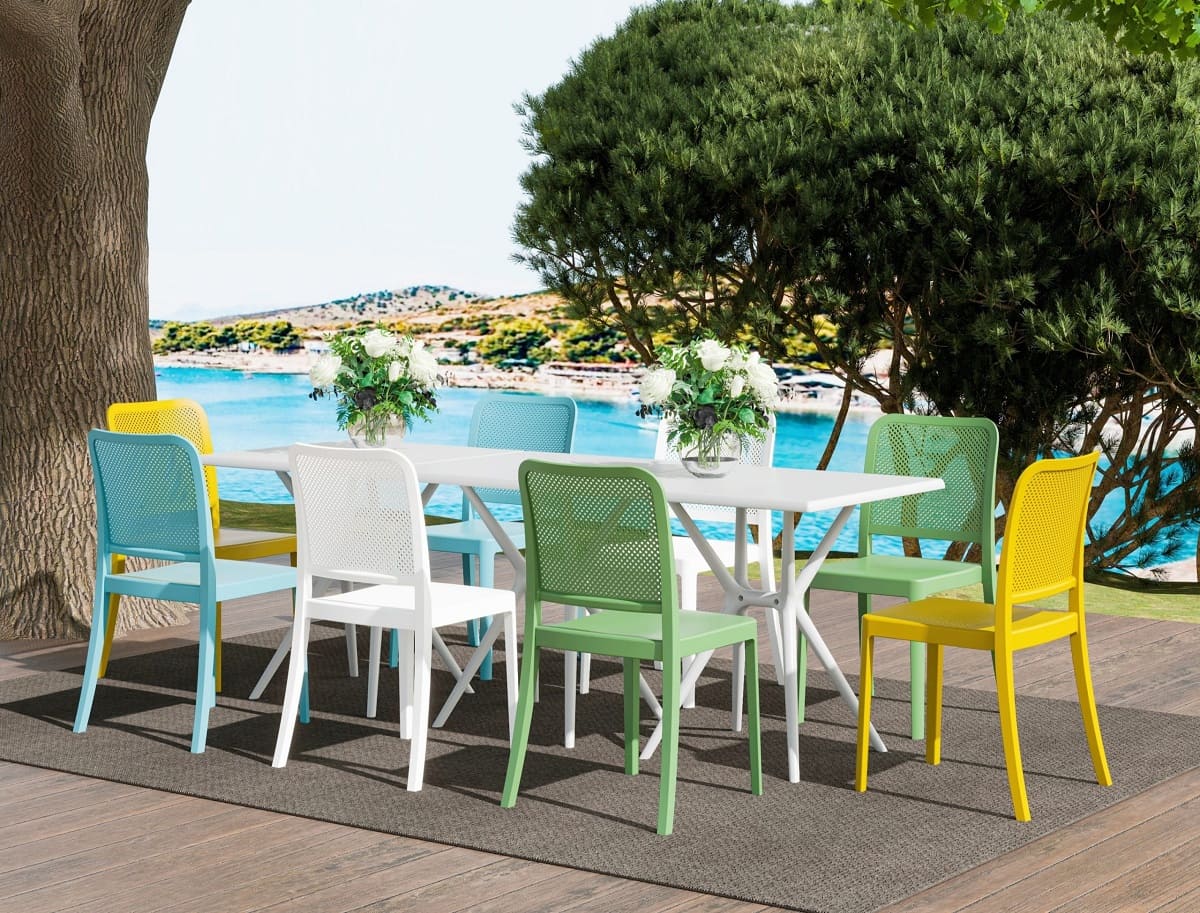
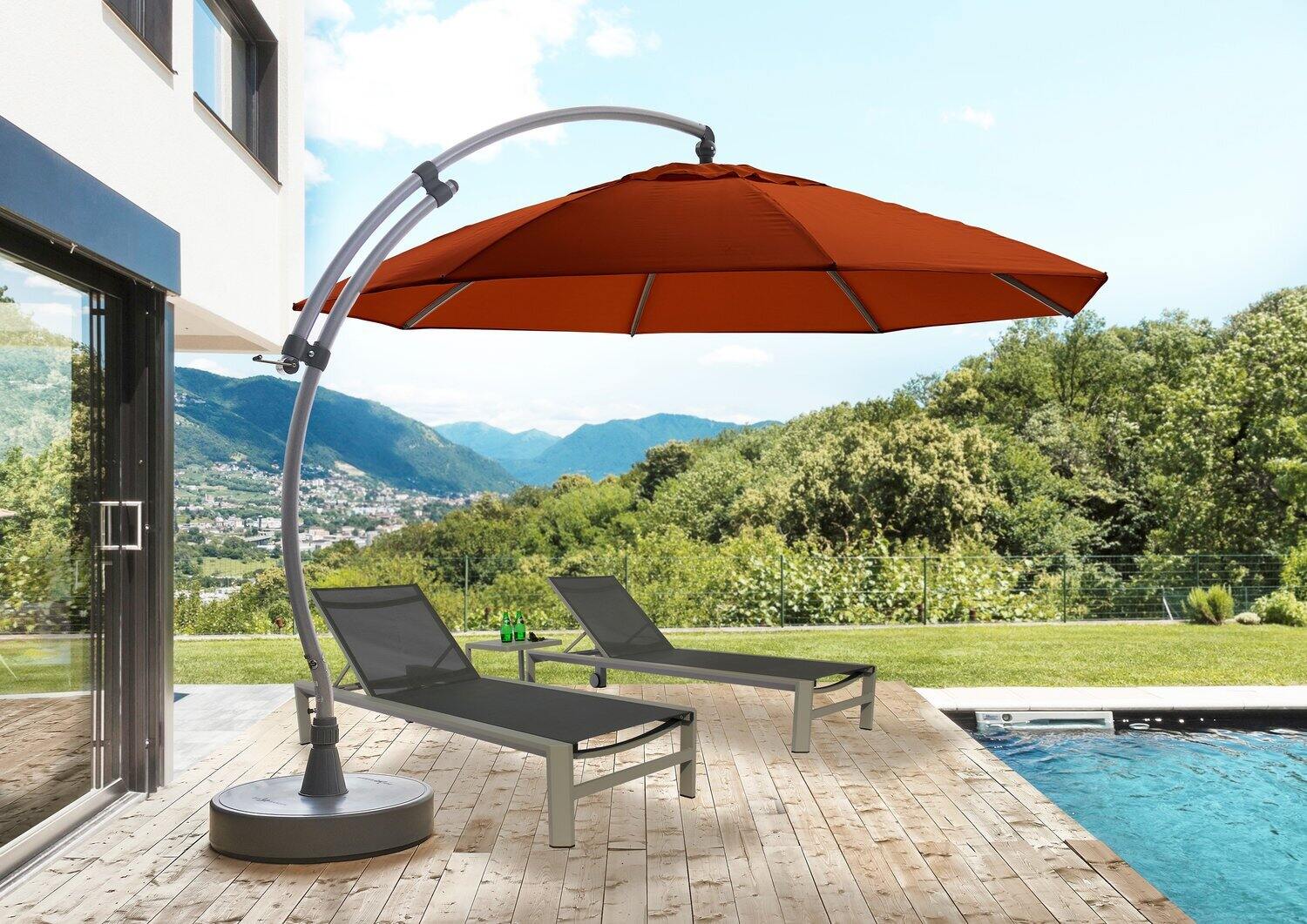
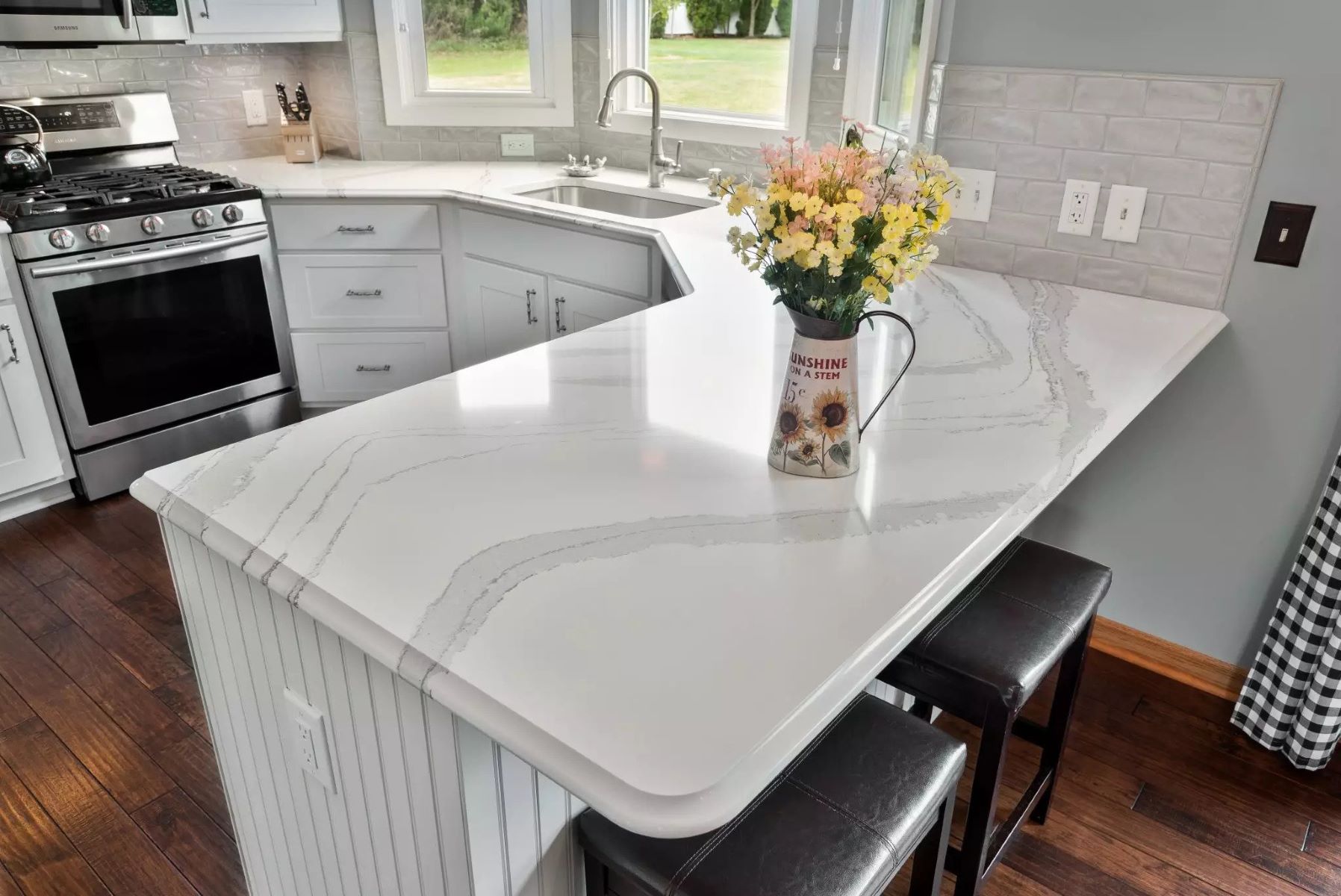
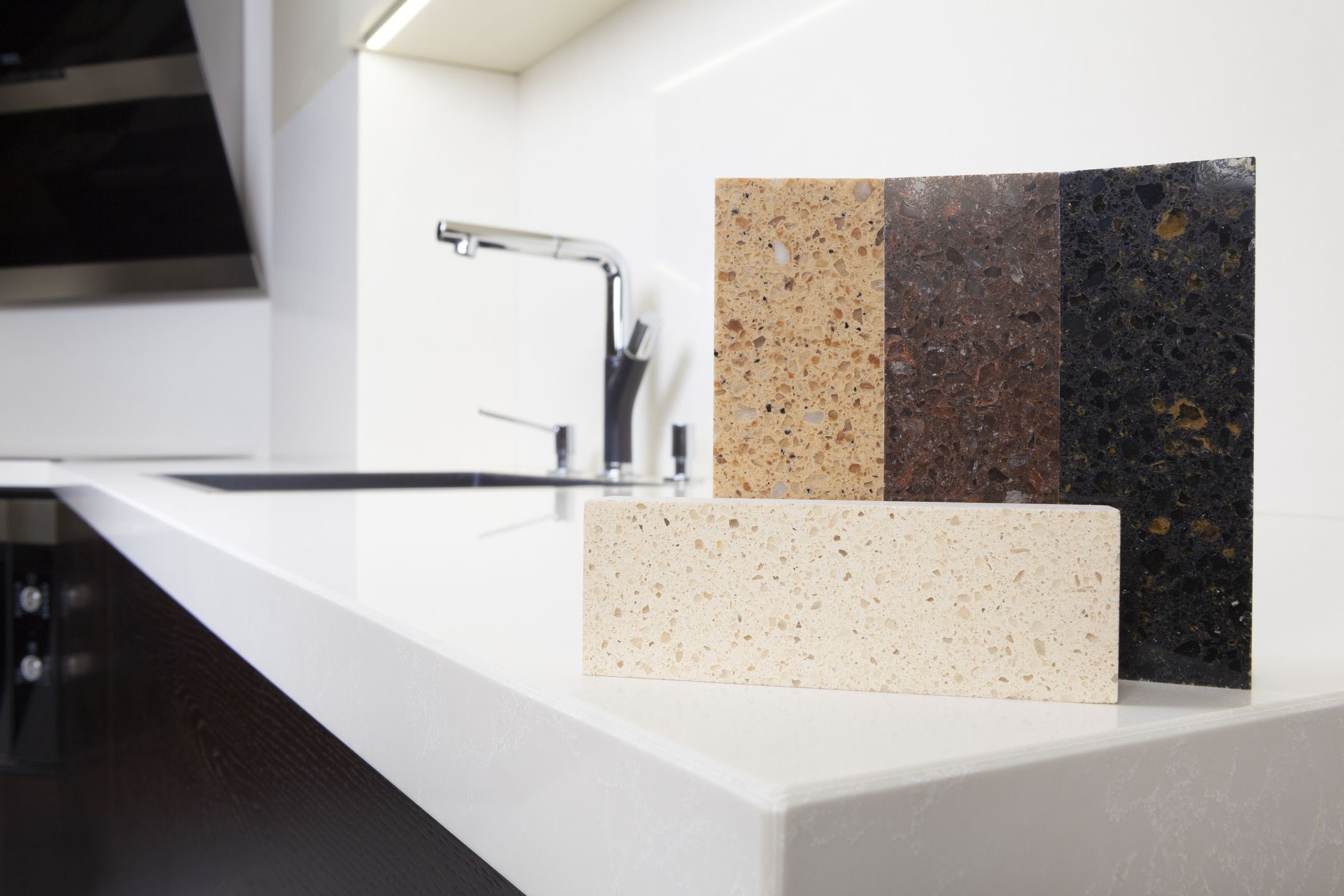
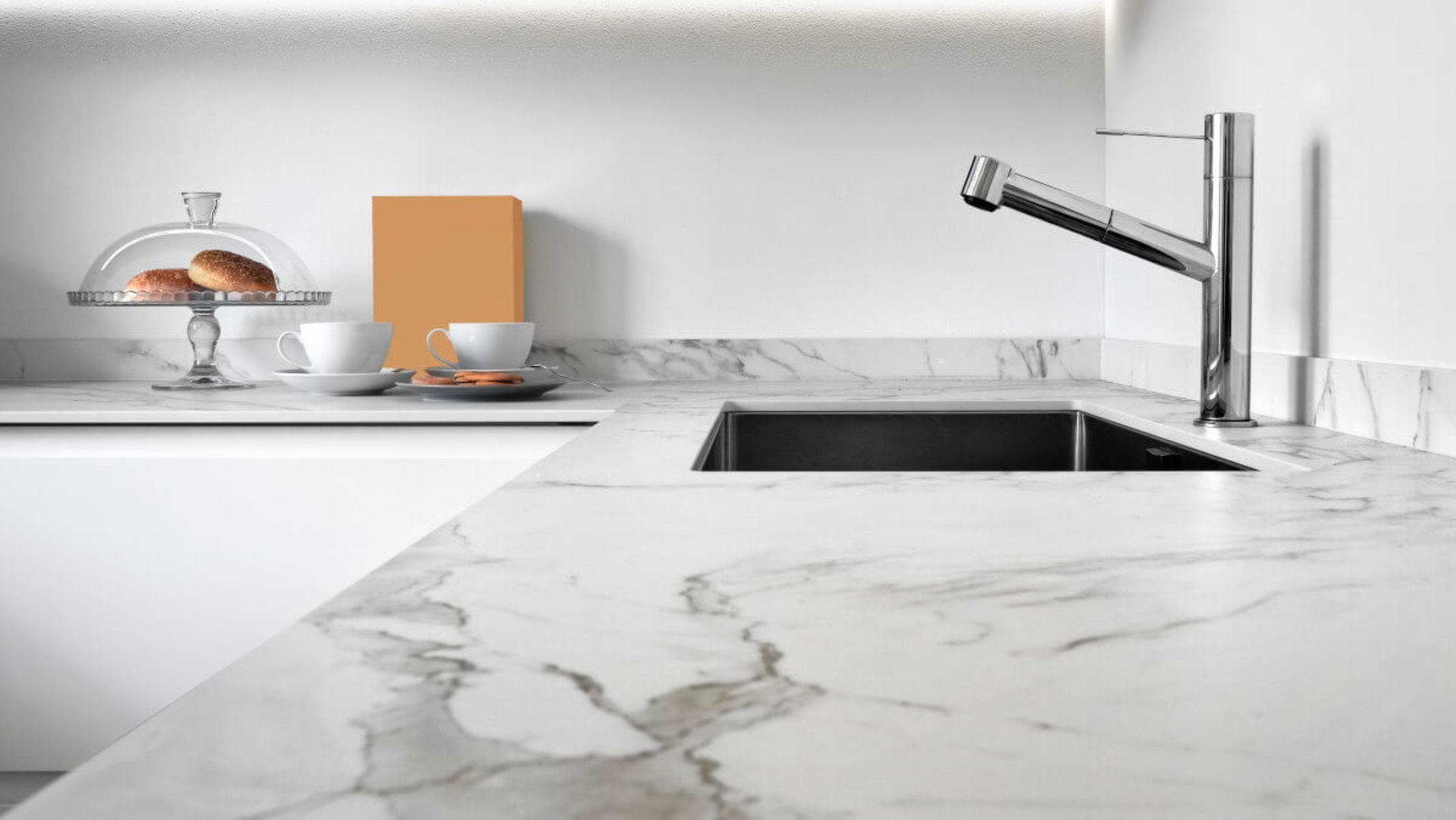
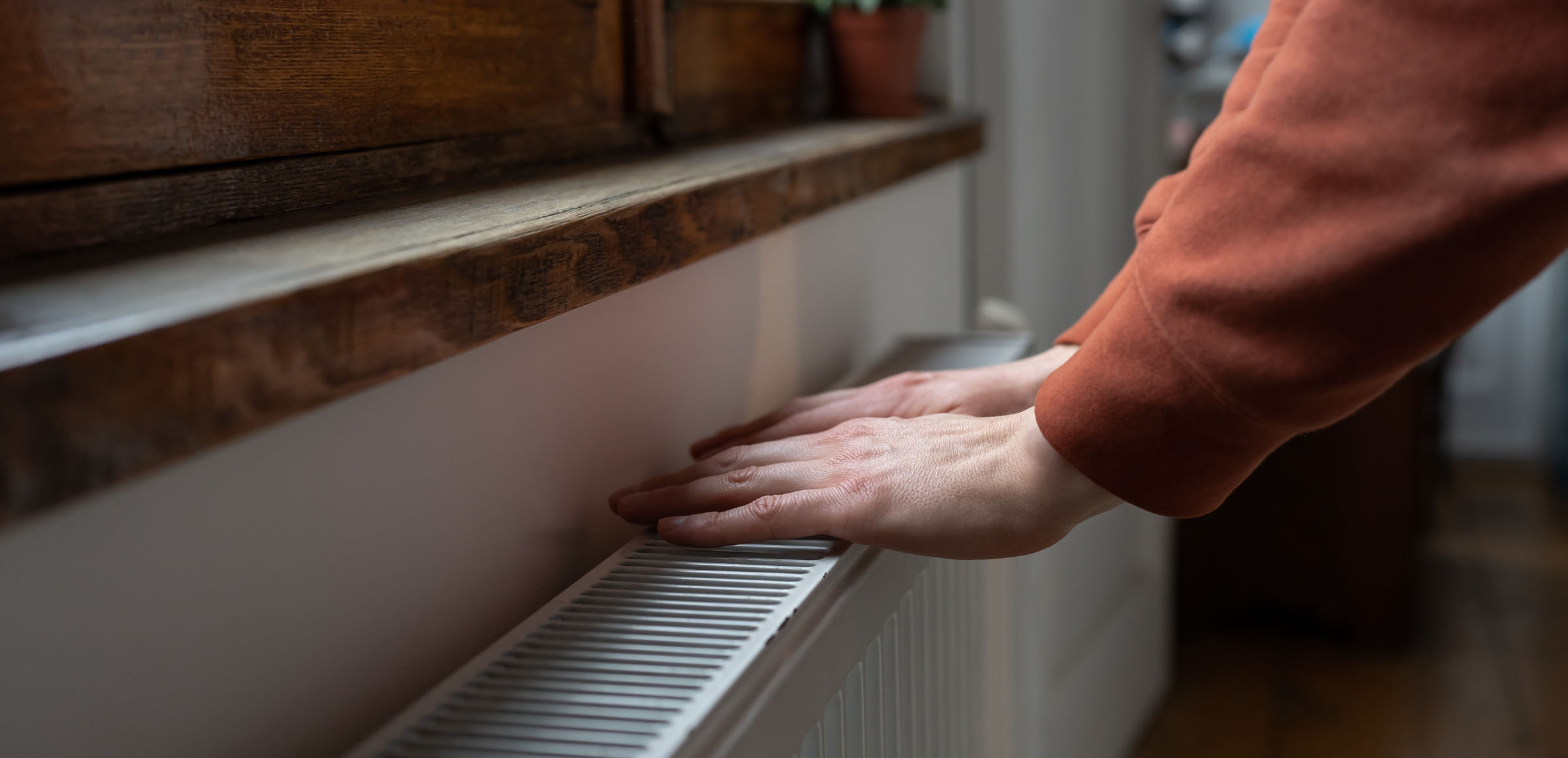
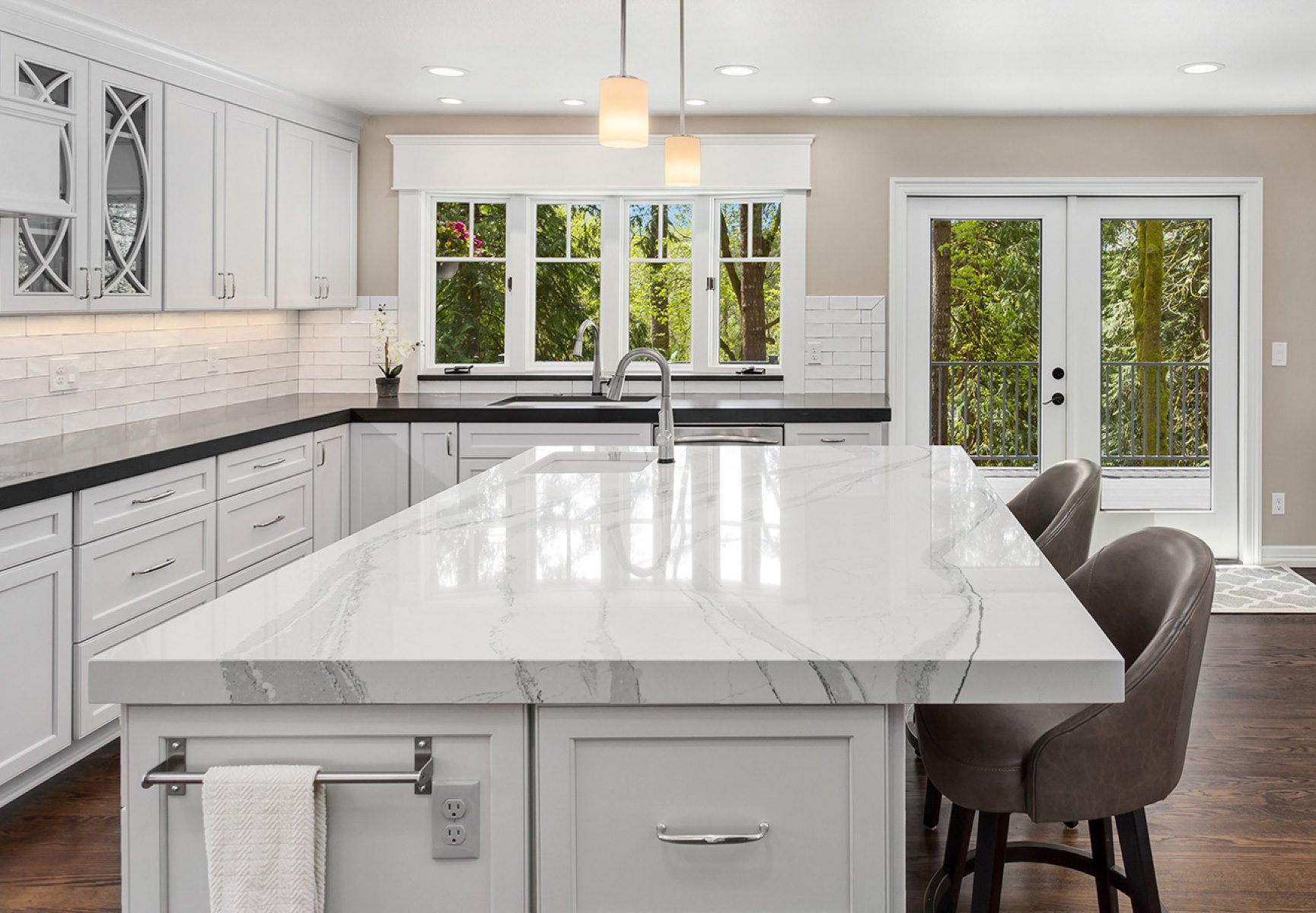
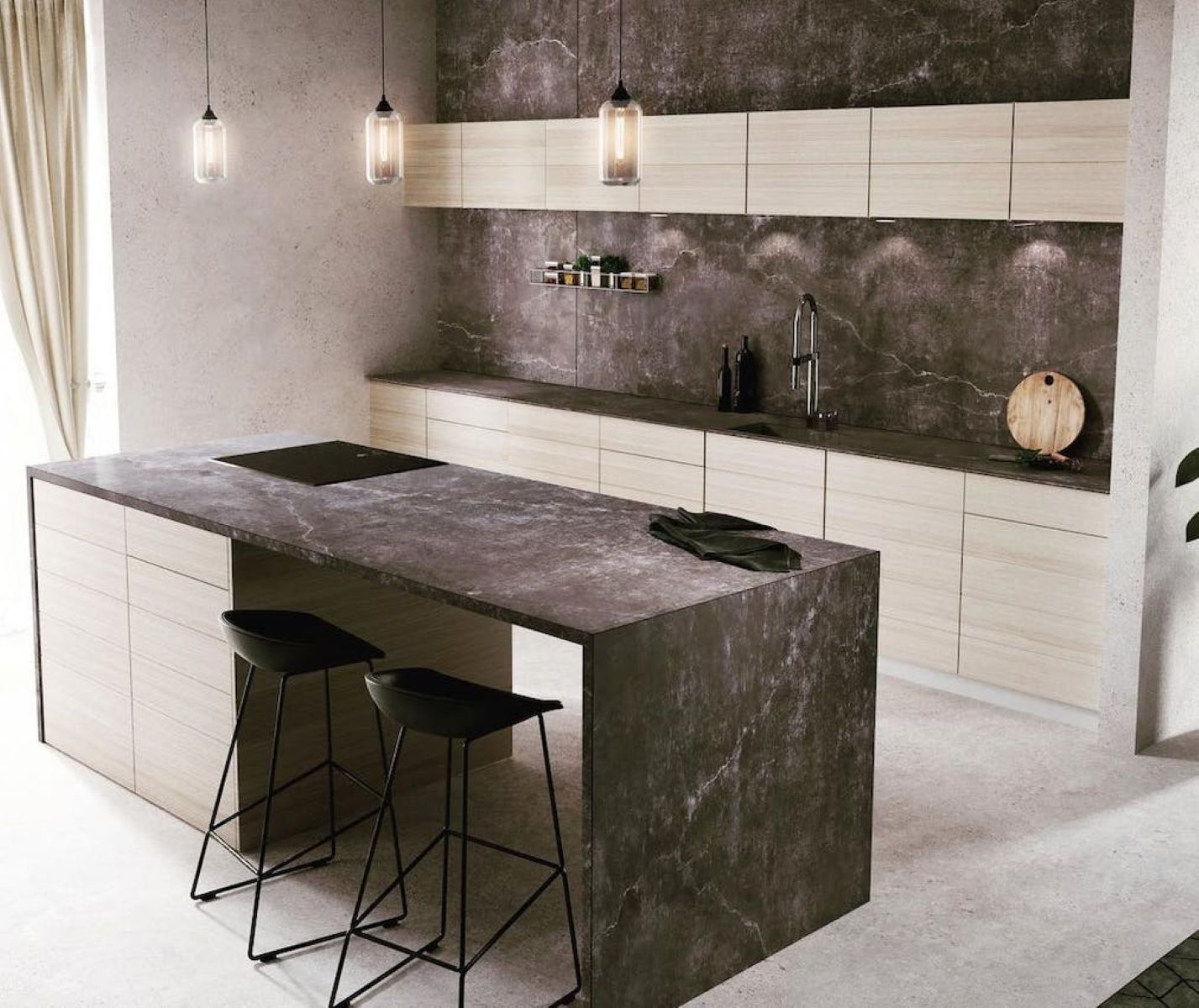
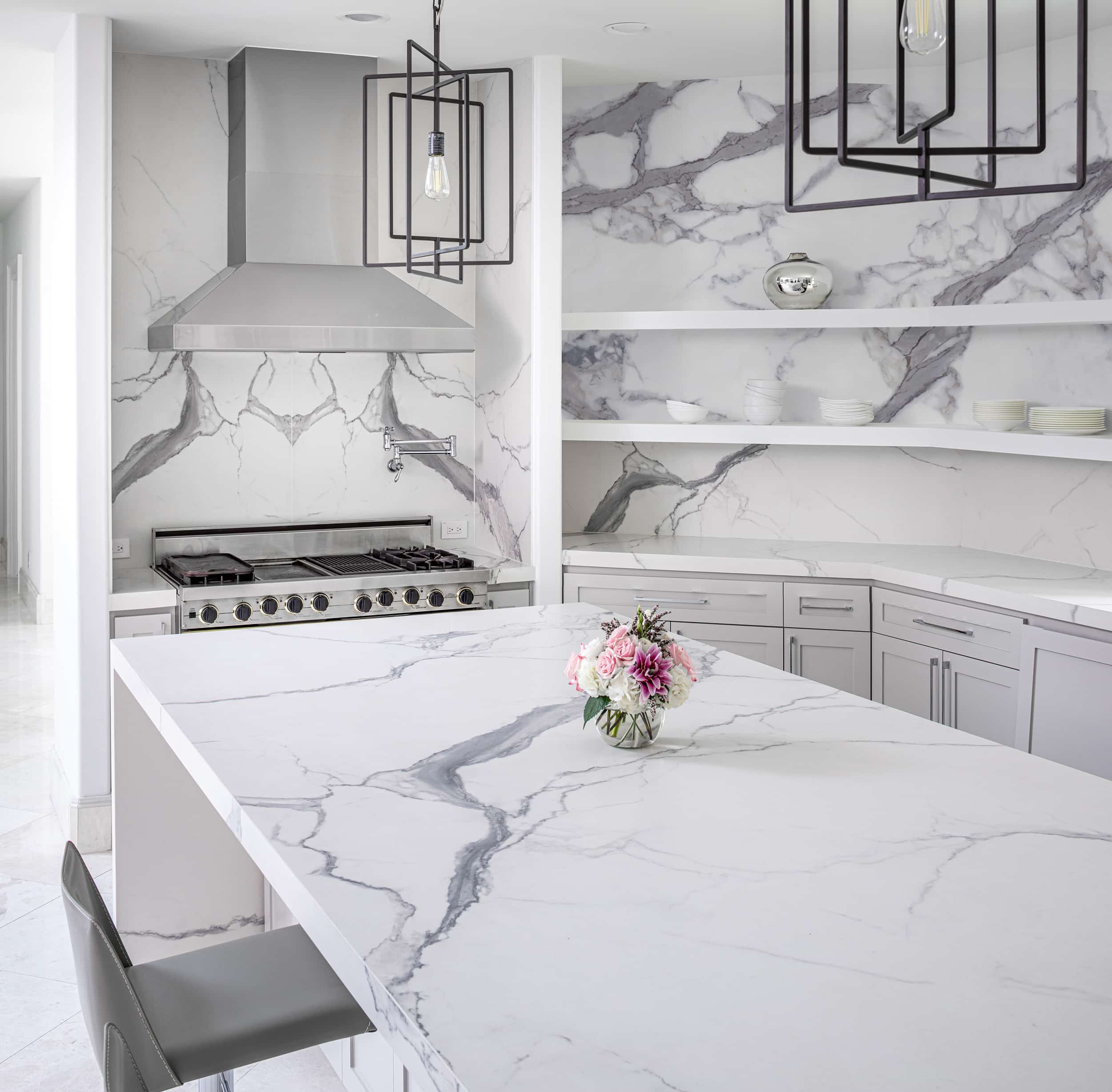
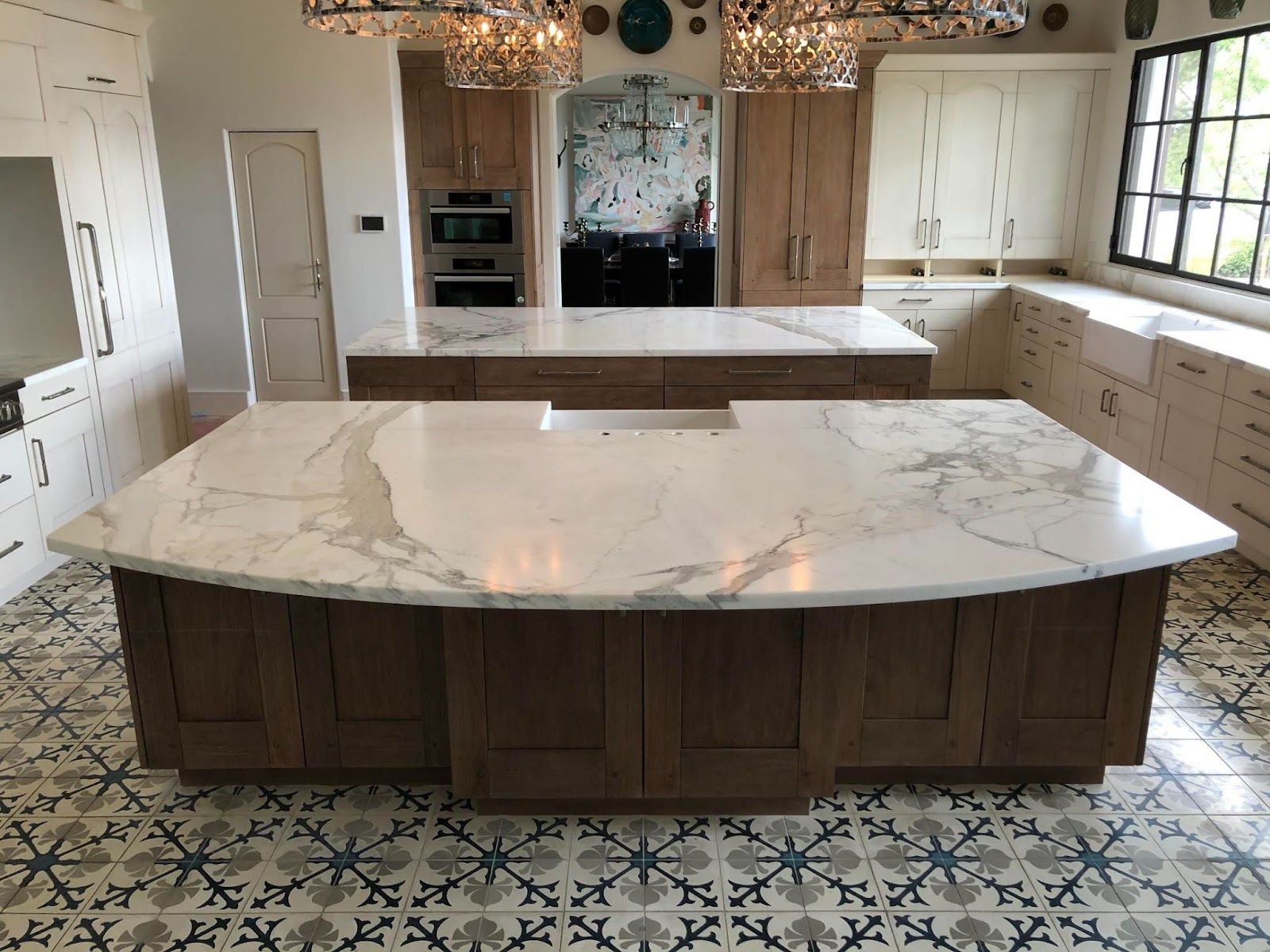
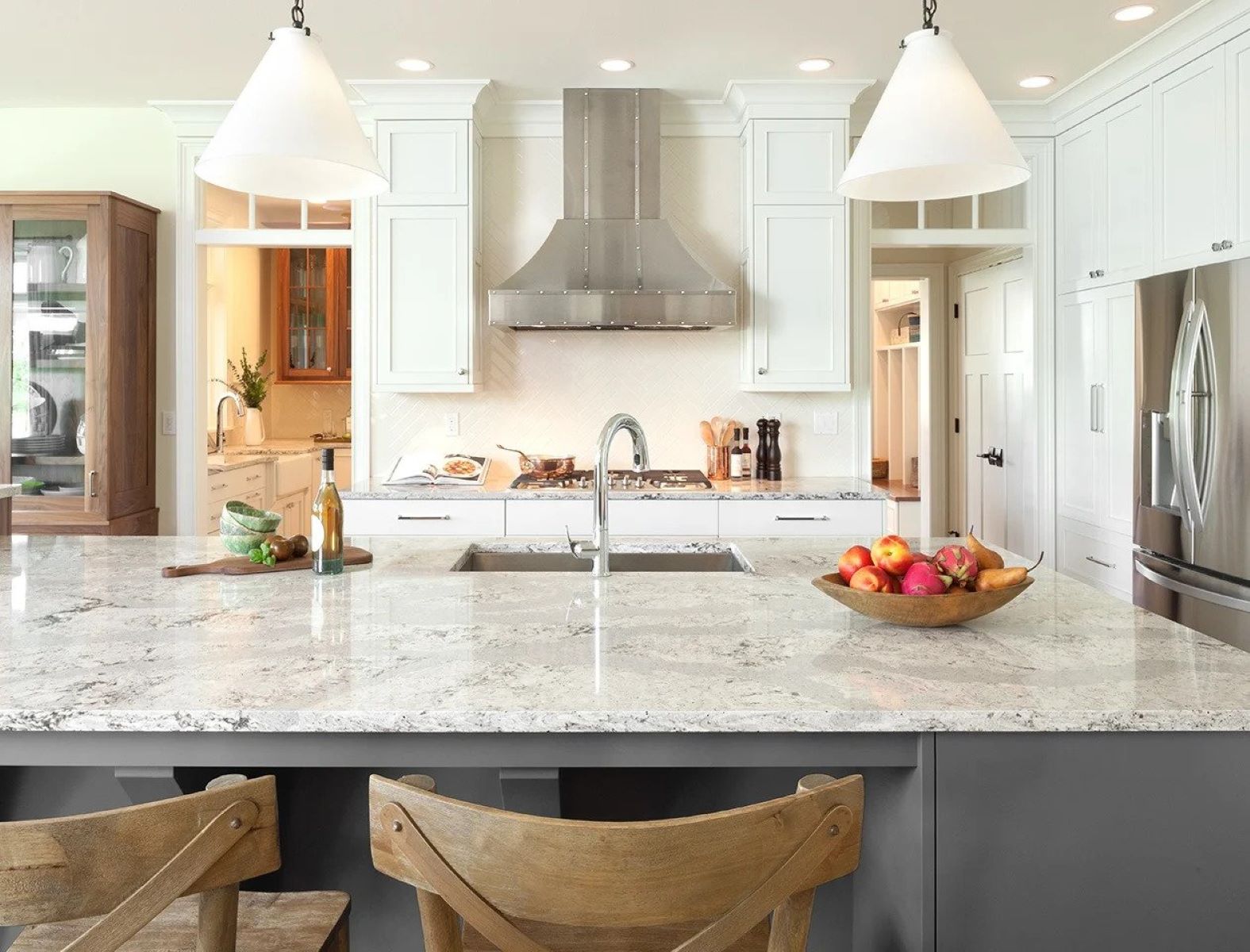
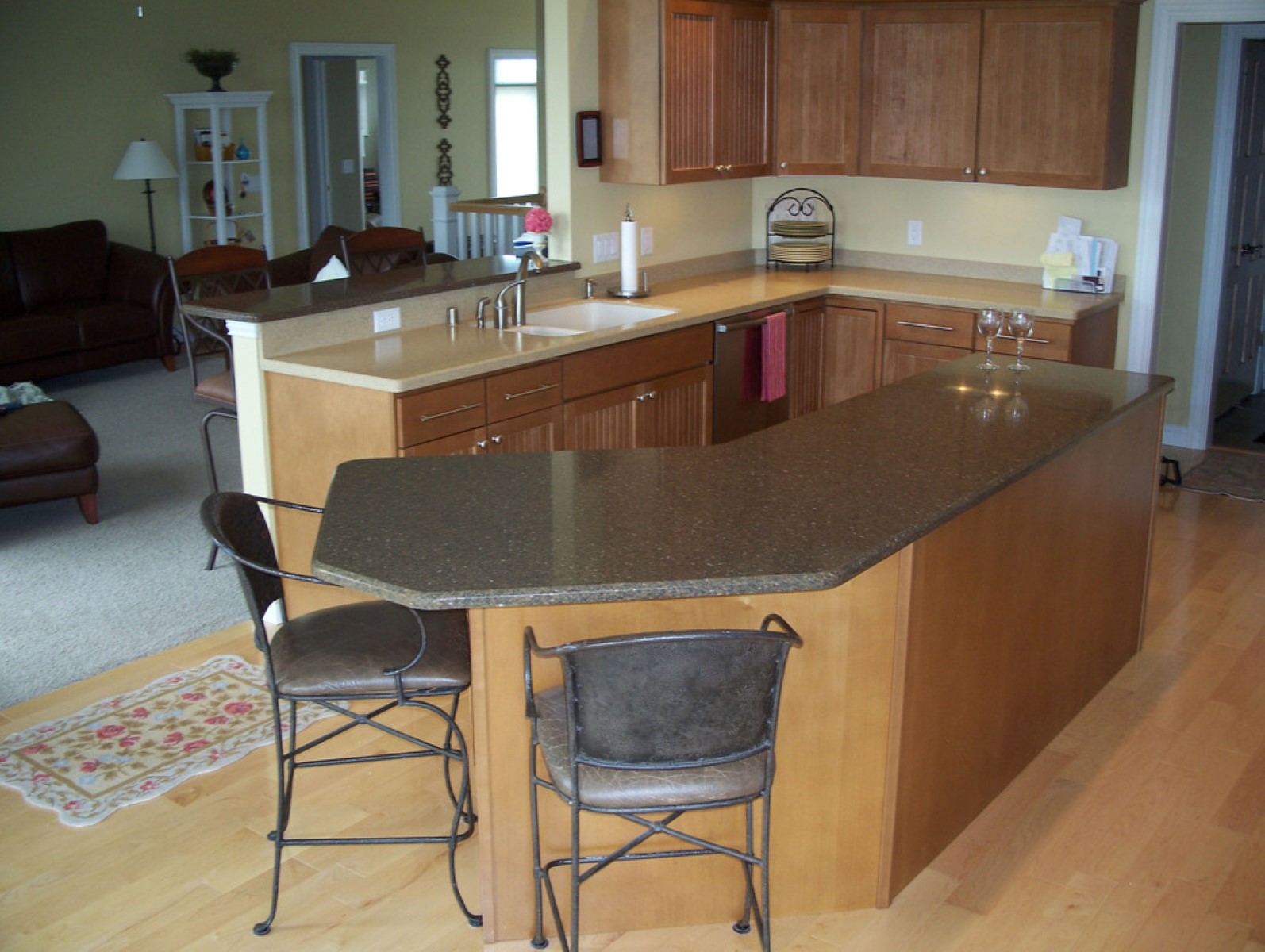
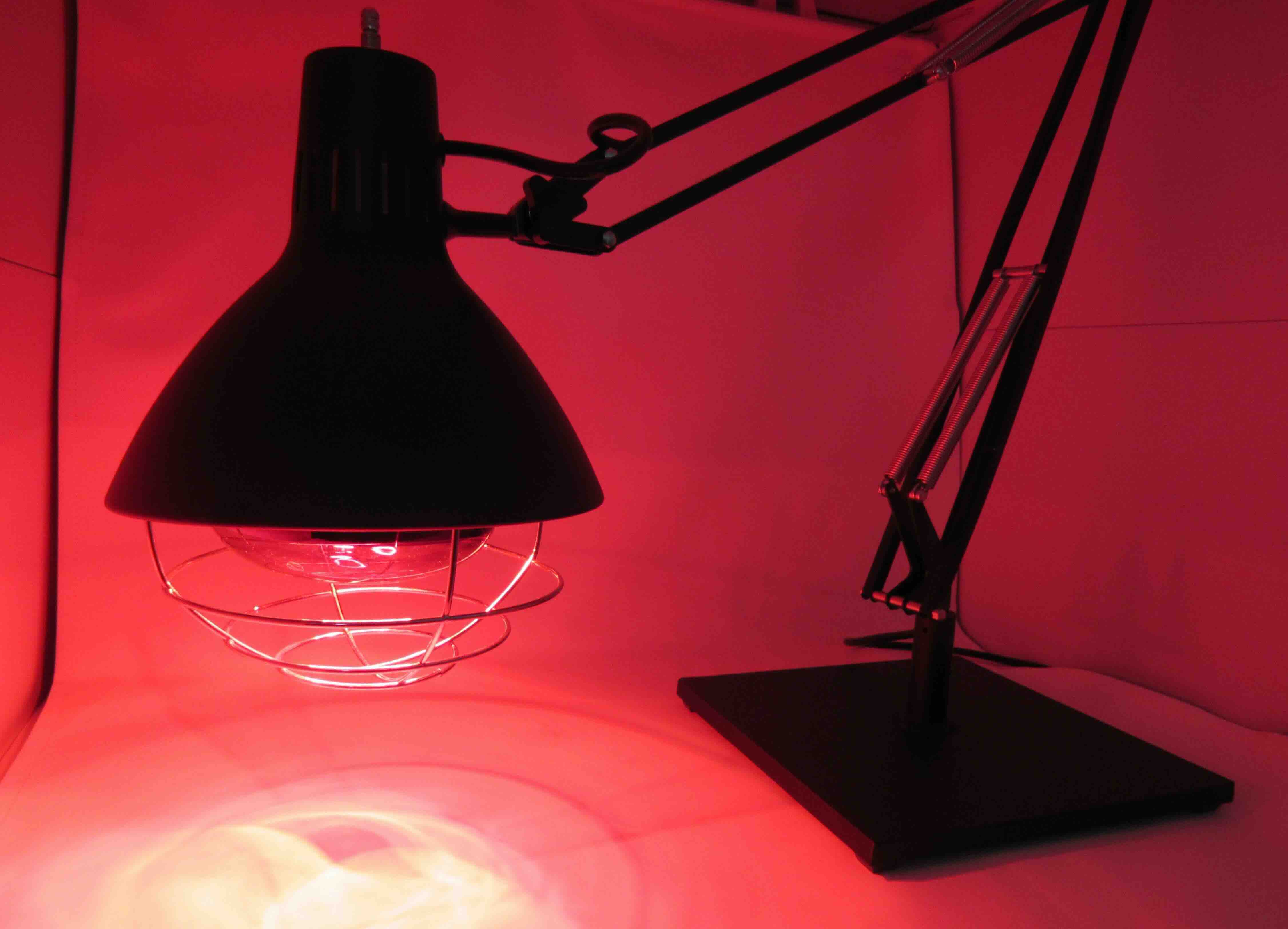

0 thoughts on “What Countertops Are Heat Resistant”